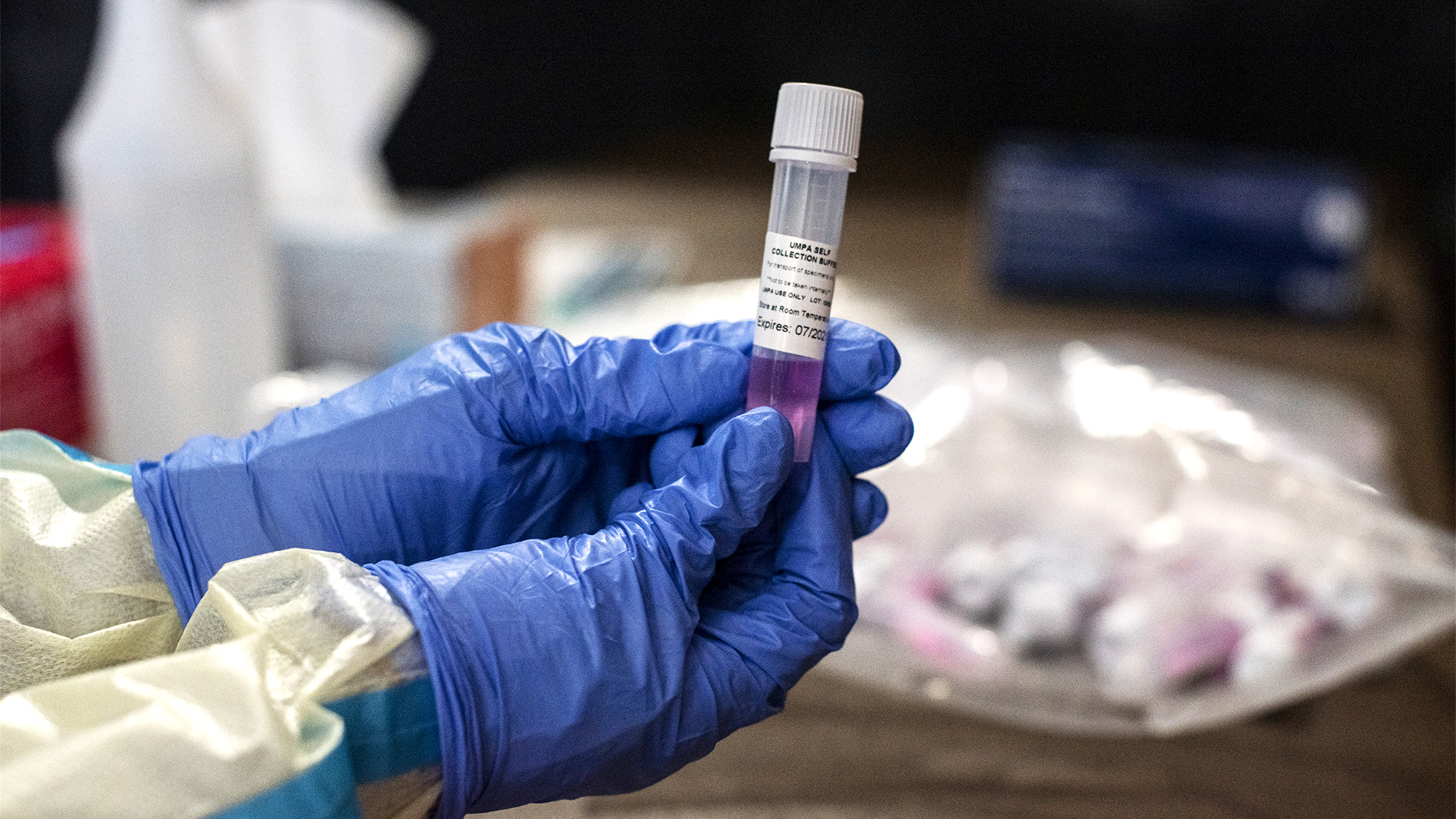Views expressed in opinion columns are the author’s own.
If life gives you lemons, make lemonade — seems easy enough. But what happens when we have lemons, but we haven’t made any lemonade? While the University of Maryland does not have a surplus of lemons, they do, have free KN95 masks for students, faculty and staff throughout the campus. However, the university cannot make any lemonade until they take disciplinary action against those who refuse to comply with COVID-19 guidelines, because having the resources is not enough to keep the campus community safe.
The university started off the school year on the right foot when they canceled 79 student registrations because of failure to meet the COVID-19 vaccine compliance requirements. However, this is just one small step that only prevents cases coming from those unvaccinated individuals. According to the university’s COVID-19 dashboard, there have been 79 new cases in the past week. I, along with many others in the campus community, am anxious that this number will only continue to climb. While the university has proven it has the means and resources for its community, COVID-19 cases will continue to rise until they take concrete disciplinary action against those who don’t wear masks.
After an outbreak of positive cases in Cumberland Hall, some residents were required to receive COVID-19 testing to contain and track the spread. Requiring testing is a certified way to manage and track the spread of COVID-19, but why did the university create a solution only after the outbreak occurred? Priority should be given to strict preventative measures rather than stopping outbreaks after.
Despite the university’s efforts to provide COVID-19 testing opportunities, it does not change the fact that members of this campus have become lax about the indoor mask mandate almost a month into the school year. For example, many unmasked passengers board Shuttle-UM buses, despite the signs found throughout shuttles, putting Shuttle-UM drivers and other passengers at risk. Despite being told they should not compromise their safety or comfort, the Department of Transportation Services’ policy still advises drivers to radio dispatch for assistance instead of confronting unmasked passengers.
It does seem like the university is taking some preventative measures by changing previous COVID-19 policies. Along with providing KN95 masks, the university is expanding COVID-19 testing for asymptomatic community members. Its original policy directed students to find off-campus testing to prioritize on-campus testing for unvaccinated individuals, those who may have come into close contact with a positive case, or people who were symptomatic.
However, preventative measures are not enough. If some people already have the mindset to not wear their masks indoors, what difference will providing masks make? Some professors have decided not to wear masks in class because it can be difficult to lecture in them. As the authoritative figures of the room, it is their responsibility to set the example for COVID-19 regulations. Students come into class to learn, and the last thing they should worry about is their own health and well-being. While some may ask the students in the front if they are okay with removing their masks, it is unfair for professors to ask students on the spot in the beginning of the lecture, in front of the whole class.
The campus community is privileged to have access to on-campus testing opportunities and to give out free KN95 masks. However, with privilege comes responsibility. The university must create concrete disciplinary action for those who fail to comply with mask mandates. Disciplinary action will prove the seriousness and brevity to the rest of the campus community.
The health of the community and the community’s loved ones are at risk. The university does not have the luxury of being reactionary to outbreaks. They have a responsibility to set an example for the rest of the campus community the same way a professor sets an example for their students.
Authorities throughout the campus community also have a responsibility, which is to set the standard and tone for the seriousness of COVID-19 guidelines to ensure the campus’ safety. While COVID-19 cases may be inevitable, I’d feel better knowing the university did as much as it could to prevent the spread.
Lei Danielle Escobal is a sophomore American studies and sociology major. She can be reached at leidanie@terpmail.umd.edu.



